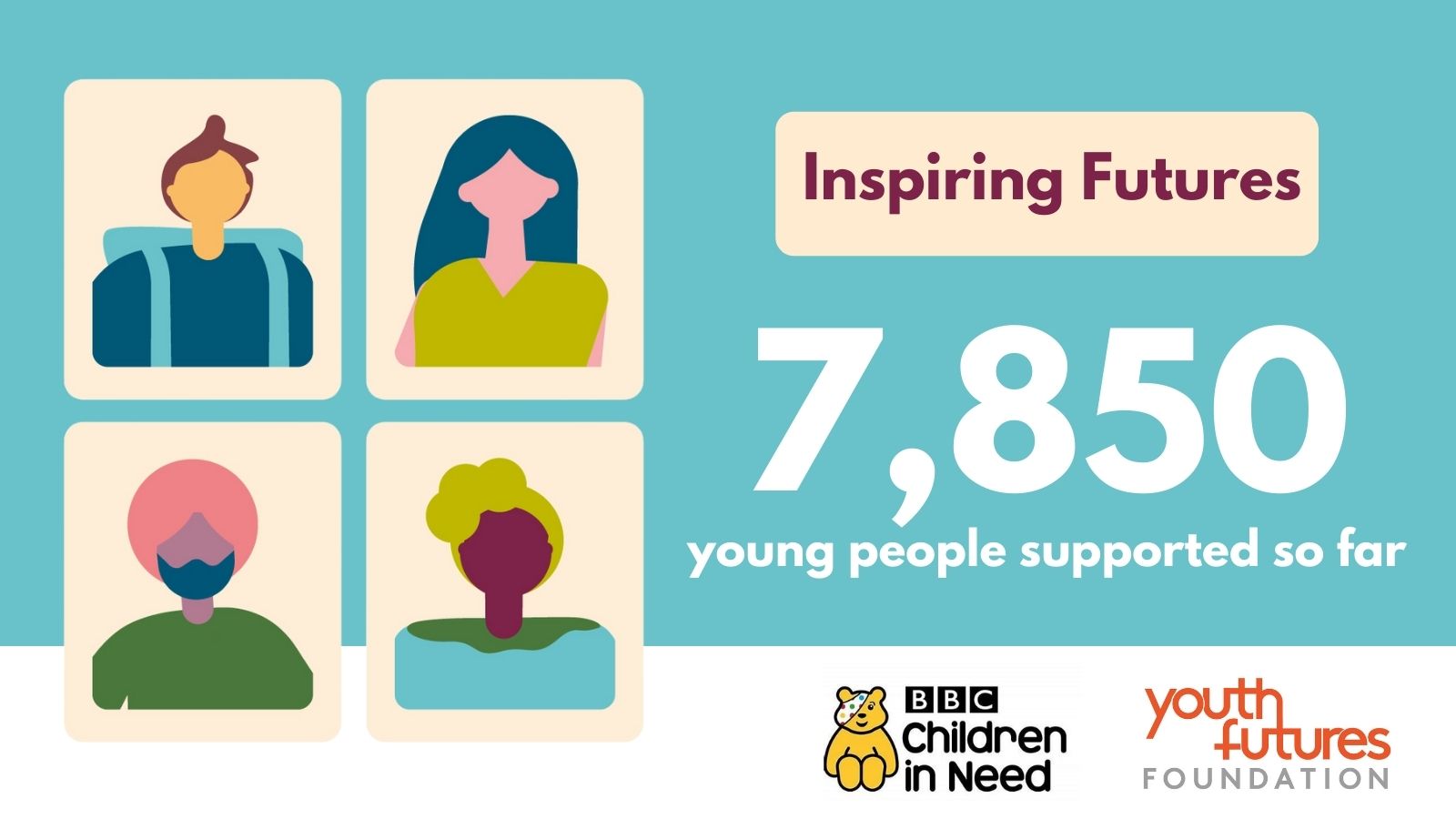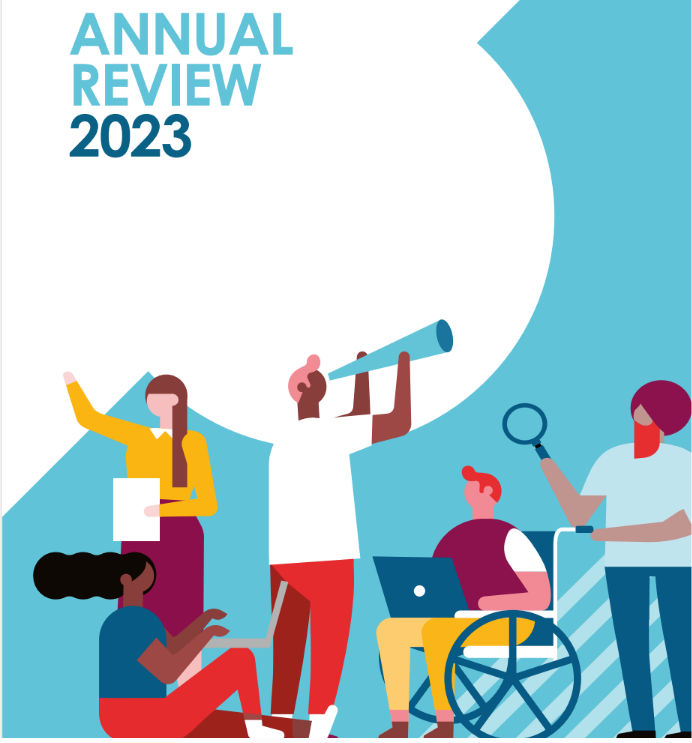Top tips for supporting young people from marginalised backgrounds into employment
Inspiring Futures is a £7m fund launched in July 2020 supporting 85 grantee organisations in England. It is on target to support nearly 13,000 young people. Jointly delivered by BBC Children in Need and Youth Futures Foundation, its aim is to support children and young people in their journey towards employment. It provides emergency funding for the voluntary and community sector in response to the impact of the pandemic to help adapt and respond to disadvantaged children and young people’s needs.
During a two hour virtual workshop, hosted by our evaluation partner Cordis Bright, around 55 grantees shared insights about ‘what works’ in supporting children and young people towards employment pathways during and beyond the pandemic.
Find out more about we learned here and read our top tips below.
Getting young people along to your service
- Build relationships by connecting with schools, police, local authorities, and other voluntary and community organisations. Share your service offer, regularly communicate with your contacts, and have a key point of contact.
- Establish clear and simple referral routes to make sure key information is not lost. Allow flexibility when needed, consider using Zoom or being available outside 9-5 hours. Use alternative measures to assess a young person’s needs, like digital access or educational attainment.
- Employees or volunteers with lived experience are invaluable. Links to the community can help to identify and engage young people. Children and young people who you are already supporting might want to help spread the word about your service with their peer groups, or provide advice about how to reach them.
 Support young people on their terms
Support young people on their terms
- At the start, go at the young person’s pace. Understand what the young person wants to achieve with an open conversation, young people may have priorities they need to address first.
- Keep young people engaged by using their interests as a springboard for designing activities. Or offer a variety of fun activities like sport, cooking and quizzes. Co-produce activities to increase ownership of the programme.
- Make sure support is accessible by checking your timings and locations work for young people. Build in flexibility so that activity can be shifted online. Think about access to digital equipment and literacy when supporting young people to improve their digital skills. Share a plan so young people know what to expect and can look forward to activities. Also, provide on-going and long-term support alongside peer group support from practitioners, peer mentors or through a buddy scheme. Consider offering food and drink.
 Plan for the transition
Plan for the transition
- Create a clear exit plan with the young person. An exit session or interview can be helpful to agree timelines and next steps. Explain where more information and guidance can be found and reassure the young person they can stay in touch.
- Consider offering more one-to-one support up to and beyond the transition from the programme.
- Stage job fairs and events for young people to meet employers, colleges and training providers.
- Check in at regular slots at six months and one year after the young person leaves the programme. Offer a way for the young person to stay involved by becoming a peer mentor or set up a youth board.
- Advocate for ‘In work support’ with employers – such as training, support and accessibility arrangements – so young people can sustain employment.
Recent research into employer engagement in the youth labour market highlights the importance of partnerships between employers and youth support intermediary organisations, see page 6.
 Measure the difference
Measure the difference
- Measure difference at multiple points in time, including at the beginning and end of support, and regularly in between.
- Use information about the difference you’ve made to inform your work, such as:
- Knowing when and how to adapt support
- Using outcome measures to help structure support, for example planning and reviewing goals together with children and young people
- Informing future funding bids and marketing activities



 Support young people on their terms
Support young people on their terms Plan for the transition
Plan for the transition Measure the difference
Measure the difference